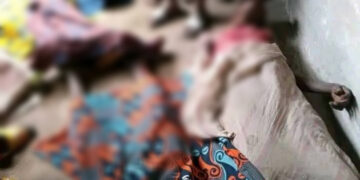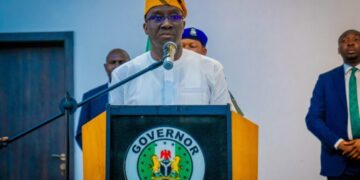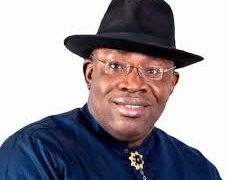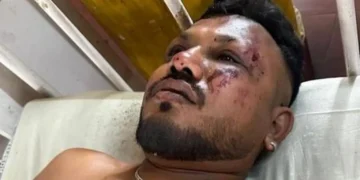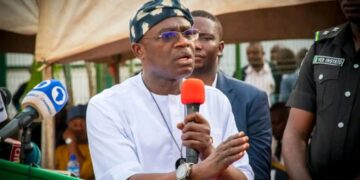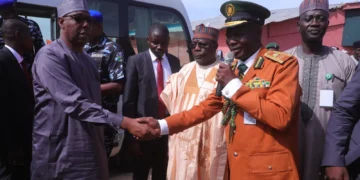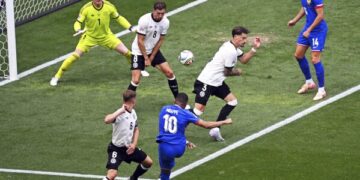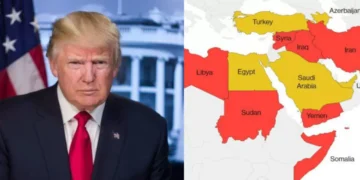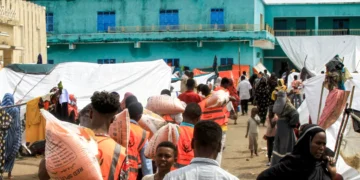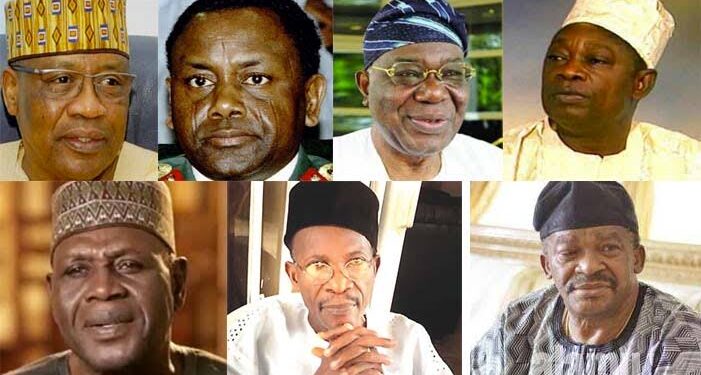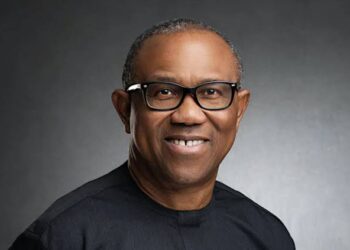Still June 12: And The Fallen Compatriots
By Yadnom Awu
Nigerians today, mark the 32nd anniversary of the historic June 12, 1993 presidential poll won,by Basorun Moshood Kolawale Olawale Abiola (MKO Abiola for short).That poll, held on a truly majestic day in the history of the country, is still considered the best, in terms of organization and transparency, in the annals of Nigeria. Unfortunately, men, believed to be guided by ignoble causes, annulled it in the most controversial way imaginable. The luciferous annulment, at the hands of the self-styled-evil genius, Gen. Ibrahim Babangida, played Nigeria into avoidable crisis, the effects of some of which remain indelible, 32 years after.So much has been said – and written also – about the June 12 poll and its significance that very little is left to imagination. In this sense, it will make little, if any, sense, for anyone to continue to dwell on them.However, today, inspite of all else – what has been written and said about the poll and its significance – I make to add to the already existing stock of comments (oral and written or documented) on the poll by dwelling on one aspect to which very little, if any, attention, has been accorded these past years – the sacrifices of Nigerians – my compatriots – whose efforts made the June 12 feasible and whose strident campaign against military despotism made our current fledging democracy possible in the first instance. Yes, today, I remember Prof. Humphrey Nwosu, chairman of the National Electoral Commission that midwifed the Option A4 (queueing culture). The ingenuity of this University of Nigeria Nsukka (UNN) teacher led to the creation and adoption of the Option A4 module that, for good cause, made Nigeria the cynosure of all eyes, the world over.Then there is this wonderful couple – Basorun Abiola (winner of the poll) and his wife, Kudirat – who laid down their lives for the sake of our democracy. While Kudirat (after whom the rogue radio station Radio Kudirat, that frontally attacked Abacha’s military Junta was named), was butchered by persons suspected of being agents of the then military administration of Gen. Sani Abacha, Basorun Abiola, the Aareonakanjo (war commander) of the Yoruba ethnic group of Nigeria, died mysteriously in state custody. His death-some prefer to call it state murder – often called martyrdom because he refused, inspite of all pressures, to give up his claim to the mandate inherent in his June 12 poll victory triggered many issues. Today, decades after his mysterious death one month after that of his jailor and traducer, General Abacha, remains a subject of intense emotional debate and controversy on account of the peculiarities of the circumstances around it (his demise) – the visit of American government delegation led by Susan Rice, and persisting allegations that the West, led by America, via its secret service (the Central Intelligence Agency, CIA), actually eliminated both Abiola (by poisoning his tea) and, before him, Abacha, in order to produce a somewhat clement circumstance for Nigeria to regain order and return to the democracy highway.Aside of the Abiola, there were other great Nigerians who made huge sacrifices for the cause of June 12 and the defence of democracy – Jonah Jang, Dan Suleiman, Ndubuisi Kanu; Ralph Obioha, Frank Ovie Kokori, Papa Alfred Rewane (may God richly bless his patriotic soul), Papa Abraham Adesanya; John Evbuomwayonwan Odigie-Oyegun, Bola Ahmed Tinubu (now president), Senator Afikuyomi, Bolaji Akinyemi and Wole Soyinka. While Ndubuisi kanu, Jonah Jang and Dan Suleiman broke rank with the tradition of the military (they were all retired military officers) to keep faith with the import of June 12 and our civil rule generally, politicians as Afikiyomi, Tinubu, Obioha and Oyegun mobilized their political contacts for the great national cause – democracy. Of course, Prof Akinyemi, a former Minister for Foreign Affairs, deployed his expertise and reach to telling effect in working for democracy and the greater Nigerian cause. On their part, both Abraham Adesanya and Alfred Rewane deployed their rich traditional contacts and immense material and other resources to consolidate the pro-democracy fight was waged under the generic canopy of the National Democratic Coalition (NADECO). As for Wole Soyinka, Nigeria’s only Nobel laureate, he scrambled compatriots to create and operate the shadowy National Liberation Council (NALICON) which under cover operations represented the nearest the Nigerian Pro-democracy forces got to mounting a potent armed rebellion against military rule and its despotic tendencies. Of course, not a few persons believe that Soyinka was the brain behind the rogue radio channel, Radio Kudirat.As I said, days ago, Nigeria marked the historic poll’s 30th anniversary. The critical question for all Nigerian is whether Nigeria, especially its political elite, have learnt any useful lessons from June 12 and its enduring vital essences? Have we? Can we?


